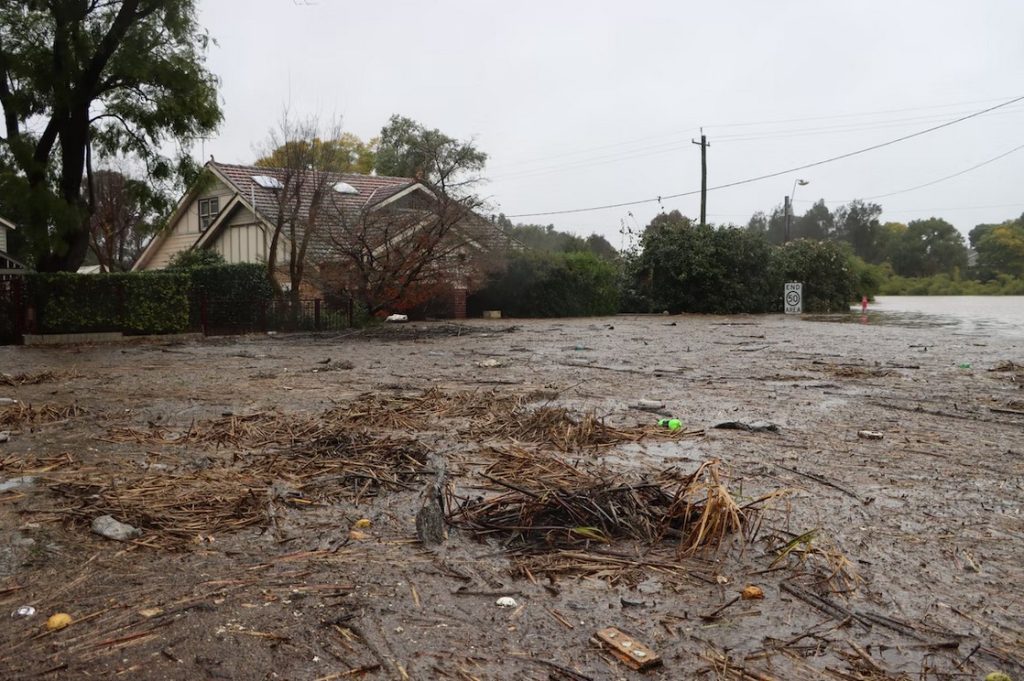Flood damage to your property can be a devastating experience. The thought of losing your cherished belongings can be overwhelming, but cleaning up after a flood can be just as daunting. Flood water can contain a variety of harmful contaminants, such as bacteria, viruses, and chemicals, making it important to take the necessary precautions when cleaning up.
Here are some tips to help you safely and effectively clean up after property flood damage on the Gold Coast:
Ensure Your Safety
Always prioritize your safety and wear protective clothing such as gloves, boots, and a face mask to avoid exposure to harmful contaminants. Turn off the electricity and gas supply before starting the cleanup process to avoid any electrical hazards.
Assess the Damage
Before you begin cleaning, assess the extent of the damage and take pictures for insurance purposes. Also, make a list of the damaged items to help you when filing an insurance claim. Before moving back in, it is recommended you get a flood damage inspection completed.
Remove the Water
Use a pump or a wet/dry vacuum to remove as much water as possible from the affected area. Open windows and doors to allow air to circulate and promote drying.
Dry the Area
Use fans, dehumidifiers, and heaters to help dry out the affected area. Check the progress frequently and adjust your equipment as needed.
Clean and Disinfect
Clean all surfaces with hot water and soap, and then disinfect them with a solution of bleach and water. Be sure to follow the manufacturer’s instructions when using any cleaning and disinfecting products.
Dispose of Contaminated Materials
Any materials that have come into contact with flood water, such as carpets, drywall, and insulation, should be disposed of safely. Follow the guidelines of your local council for proper disposal.
Prevent Mold Growth
Mold can start growing within 24 to 48 hours after a flood. Keep the area well-ventilated and dry to prevent mold growth. Consider using a mold inhibitor to prevent future growth.
In conclusion, cleaning up after flood damage can be a challenging task. But with the right equipment, tools, and knowledge, you can safely and effectively clean up your property. Remember, always prioritize your safety, and if the damage is extensive, seek professional help.


